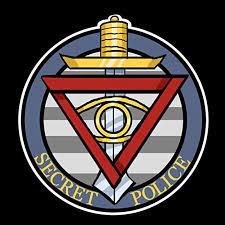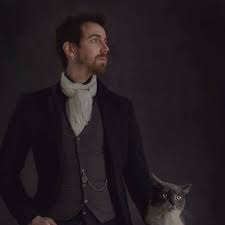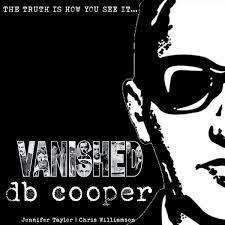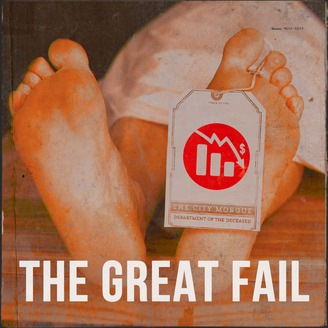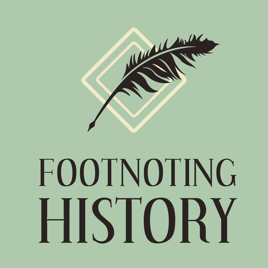As a middle and high school history teacher in Romania, Scott Allsop wanted to find a way to go beyond educational standards by adding a creative flair to his lectures. He also longed to dive deeper into the aspects of history he’d been sharing with students for 15 years. To do both, Allsop created HistoryPod—an “on-this-day” style podcast that simmers down historically significant events into three-minute, bite-sized episodes—in 2005.
Originally, Allsop viewed the podcast as a year-long challenge to produce one episode per day. Now, he uses his episodes to supplement his in-class lectures—and many educators around the world are following suit.
How do Allsops students feel about the podcast? They seem to better understand concepts delivered in clear, concise increments. It not only keeps their attention, but their class engagement has also improved, thanks to the easily digestible pieces.
“It’s made my teaching better, because I’ve realized that absolutely every word counts. If it’s a word that isn’t going to add to understanding, then it’s a word that can go. It’s about being concise and succinct and direct—because I think too many distractions are problematic.”
Allsop recognizes that his podcast style requires him to skip over details some may see as crucial to the story, but he does what he can to hit the key points of each event in the time he sets for himself. While his topic choices are intentionally somewhat unpredictable, he makes it a point to have each day’s episode cover different time periods as well as be geographically diverse. “I try and bounce around a bit to keep it varied and reasonably erratic. It’s also got to be an event that you can tell as a story that has a definitive origin and an effect.”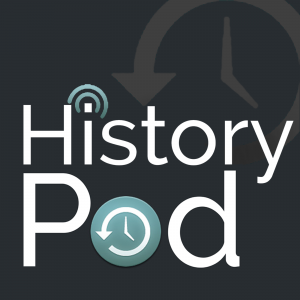
He says podcasting has also made him a better historian, since he’s choosing topics based on historical significance that he then boils down to a core cause and consequence. He’s also done some academic writing about historical significance as a concept, also using the term as a guideline for his podcast topics.
“Christine Counsell is one of the best thinkers on historical significance. She’s done a lot of work around getting people to understand that something is historically significant rather than just historical. She came up with this idea that [to have historical significance], it needs to be revealing. It needs to be an event that reveals things that matter about people at the time. It needs to be an event that reveals things that matter to us now. And it needs to be an event that reveals things about a context or concept that was relevant at the time and since. So, it’s got to be something big and broad and thematic. Ideally, it should have affected a lot of people, either at the time or after.”
Clearly, there are a lot of components of a historically significant event. Allsop’s mission with his podcast is to choose topics that fit the bill for his students.
March 2020 Issue




